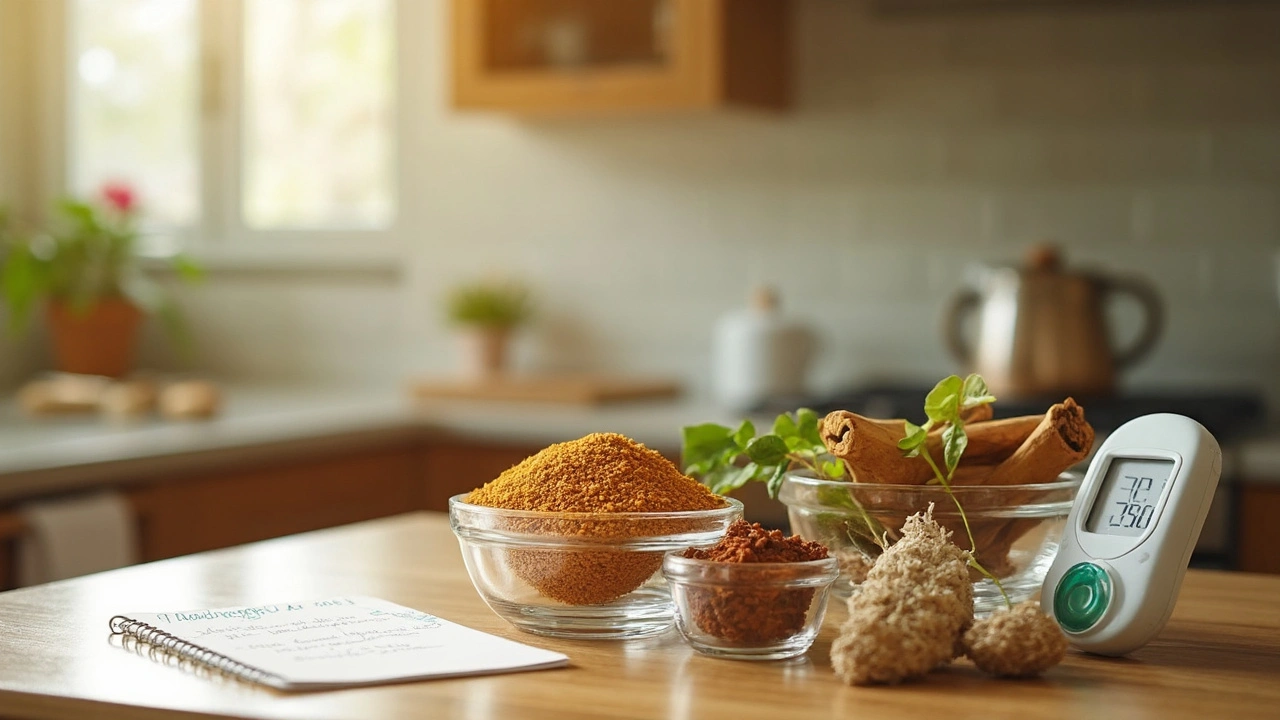Herbal Remedies: Simple, Safe Ways to Boost Your Health
If you’re looking for a natural way to feel better, herbal remedies are a great place to start. Plants have been used for centuries, and many of them are backed by modern science. The trick is knowing which herbs work, how much to use, and where to find quality products.
Top Everyday Herbs and What They Do
Turmeric – This bright yellow root is famous for its anti‑inflammatory power. Adding a teaspoon of turmeric powder to tea, smoothies, or soups can help soothe joint pain and support digestion.
Ginger – Fresh ginger slices or ginger tea are perfect for easing nausea, reducing muscle soreness, and calming an upset stomach. A small piece (about a thumb‑size) three times a day does the job for most people.
Chamomile – Brew a cup before bedtime to promote relaxation and better sleep. Chamomile also has mild anti‑bacterial properties that can help with minor skin irritations.
Lavender – Use lavender essential oil in a diffuser or add a few drops to a bath to reduce stress and improve sleep quality. It can also be applied (diluted) to minor cuts for its soothing effect.
Vitex Agnus‑castus – Also known as chaste tree berry, Vitex helps balance hormones, especially for women dealing with PMS or irregular cycles. A typical dose is 400 mg of standardized extract daily.
How to Use Herbs Safely
First, start low. Even natural substances can cause reactions if you take too much. Begin with the smallest suggested dose and see how you feel before increasing.
Second, check for interactions. If you’re on prescription meds, some herbs (like St. John’s wort) can affect how drugs work. A quick chat with a pharmacist or doctor can prevent nasty surprises.
Third, choose reputable brands. Look for products that list the plant’s Latin name, provide a batch number, and have third‑party testing listed. Badly sourced herbs may contain contaminants or lower amounts of the active ingredient.
Fourth, store herbs properly. Keep dried herbs in a cool, dark place and seal them tightly. Fresh herbs last a few days in the fridge; dry them out and you’ll get weeks of use.
Lastly, listen to your body. If you notice headaches, stomach upset, or any new symptom after starting an herb, stop and reassess. Not every herb works for every person.
By following these simple steps, you can enjoy the benefits of herbal remedies without the guesswork. Whether you’re after better sleep, calmer digestion, or a natural way to manage occasional aches, there’s likely a plant that fits the bill.
Ready to try? Pick one herb from the list above, grab a quality product, and give it a week. Track how you feel and adjust as needed. Herbal remedies are all about consistency and listening to what your body tells you. Happy healing!

Herbal Solutions for Insulin Resistance: Cinnamon, Fenugreek & Gymnema Backed by Science
Herbal Strategies for Insulin Resistance Backed by Science dives deep into the latest research on cinnamon, fenugreek, and gymnema, and how these herbs can support glucose metabolism. Discover the most compelling facts, practical tips, and how to use these herbs safely in your routine. Learn which supplements work best, which ones to skip, and what you need to know to manage blood sugar naturally. Plus, get inspired with simple ways to combine these herbal strategies with your lifestyle for the biggest impact.
